- Outlines measures for averting crises
The Nigerian Biological Safety Association (NiBSA), has very expressed worry over the low awareness and practice of biosafety and biosecurity in Nigeria, as it has remained a big challenge for healthcare, agriculture, environment, humans, animals, forest, scientists, researchers, and even the climate.
The association called on the Federal government to consider certain biosafety and biosecurity issues that would help the nation avert imminent risks.
They also called on national and regional governments and organizations to be committed and proactive in the implementation of programmes, actions and policies that will lead to better effective disease control, prevention of infections and treatment.
In a statement made available to Persecond on Tuesday by the media consultant to the association, Jack Lampang Abia, NiBSA decried the level of ignorance of biosafety laws in the nation, which it said had resulted in the rejection of agricultural products exported from the country to other nations.
NiBSA urged the government to allow biosafety and biosecurity experts, policy makers and insurance firms play vital roles in the government-led transformation in the nation’s agriculture sector.
Citing the need to prevent zoonotic diseases and genetically-modified anthropods, NiBSA advised the government to ensure agricultural loans given to farmers have insurance cover as a condition for accessing such loan either in the livestock sector or the crop sector.
This, it said, would give farmers confidence and protection against any unforeseen occurrences as experienced few years back when bird flu led to destruction of thousands of birds in the country.
The statement read in part: “NiBSA would like to alert the populace that the environment also comes with its challenges. The recent global warming brings about its consequences on Biosafety and Biosecurity. We are concerned with the problems of global flooding even in some advanced countries of the world, usually these floods leave behind disasters, destructions, and epidemics.
“There are biosafety and biosecurity laws in some countries, but it’s quite unfortunate that the laws are not being followed, many practioners and stakeholders don’t even know that there are biosafety and biosecurity laws in their country, and that’s a great risk to the individual and also the entire nation and region.
“Consequently, this also has both economic and health implications to our society, many countries of the world have banned some Nigerian Agricultural Produce exported to them because of biosafety and biosecurity concerns.
“In fact, Governments at all levels must do more work especially on our porous borders which come with zoonotic challenges. Humans and animals move freely from one country to another without proper documentation veterinary certification, even uncertified Agricultural seeds sometimes are smuggled into the country and these have disastrous effect on our agricultural production and food security, a perfect example is the tomato infection that destroyed farms across the country and did not only make the commodity scarce but rendered farmers bankrupt with huge implication on the economy.
“We applaud the sincere efforts of the current administration of President Muhammadu Buhari, through the Governor of the Central Bank of Nigeria Mr. Godwin Emefiele, in making sure Nigerians go back to the land to farm and feed ourselves via national food sufficiency policy.
“Billions of naira have been given out to support the farmers, but unfortunately there isn’t the Biosecurity and Biosafety component of the programme. Therefore, we suggest to government that Biosafety and Biosecurity experts, policy makers and Insurance firms must play vital roles if the efforts and desires of Federal and State governments in providing food for the masses of Nigeria and even export to other nations must be achieved.
“With these numerous concerns and many more, the Nigerian Biological Safety Association (NiBSA) will bring together experts in biosafety and biosecurity, scientists, researchers, local government administrators, academicians, legal experts agricultural and environmental experts, doctors, nurses, laboratory scientists, pharmarcists, health workers, military, para-military, security personnel, relevant federal and state ministries and professionals from all endeavors to converge on Abuja, from November 18th to 23rd, to brainstorm and find solutions to these emerging monster and unwanted bioagents that are facing mankind.”














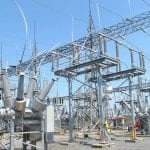



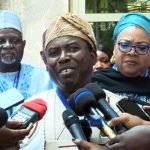





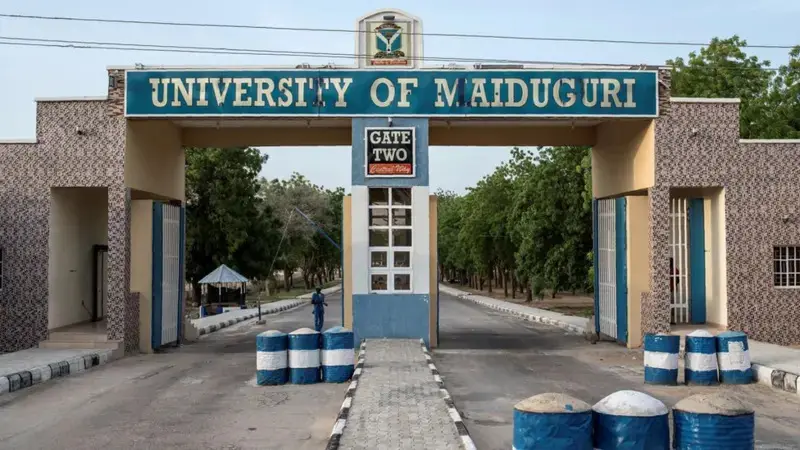

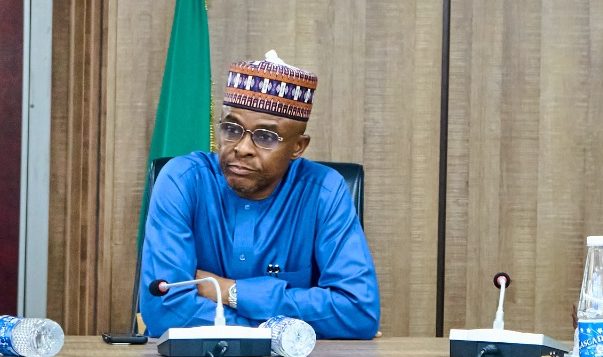

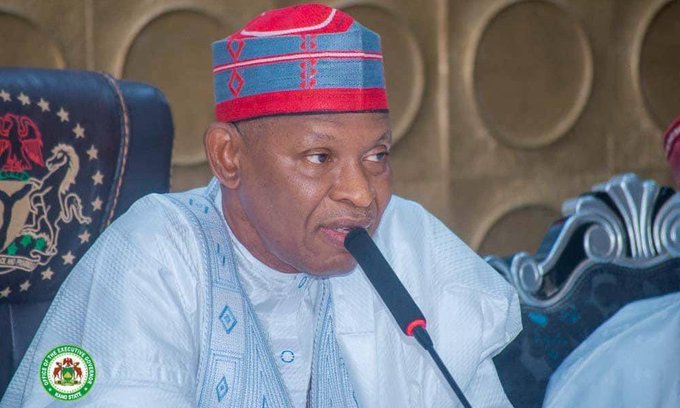






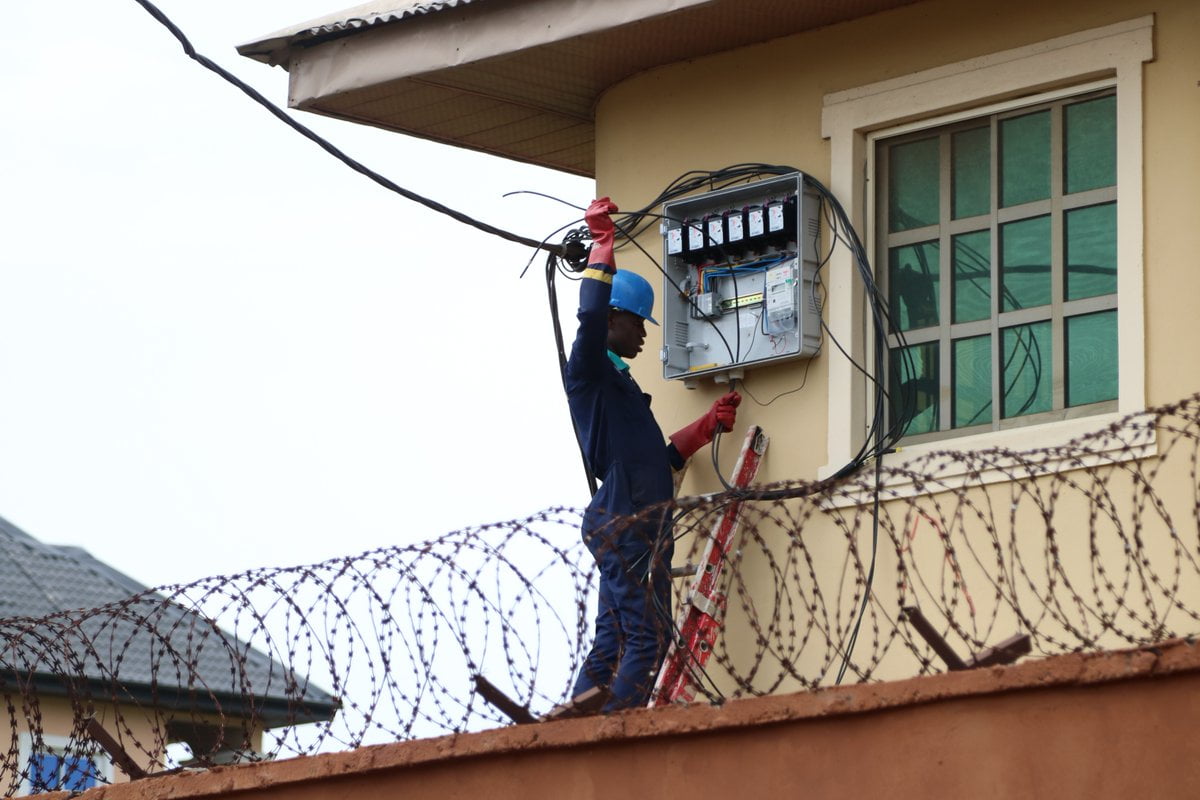



Leave a comment